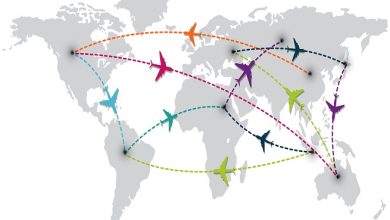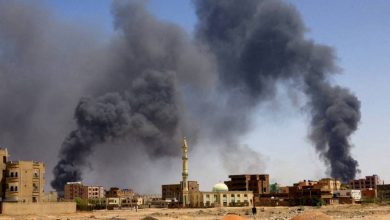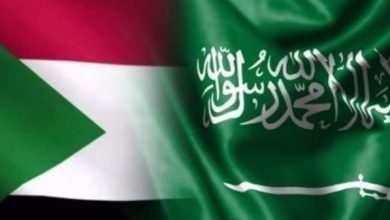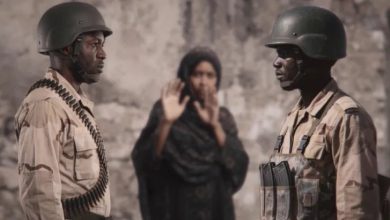Reports
RSF-commanders involved in Ethnic Cleansing, Identified
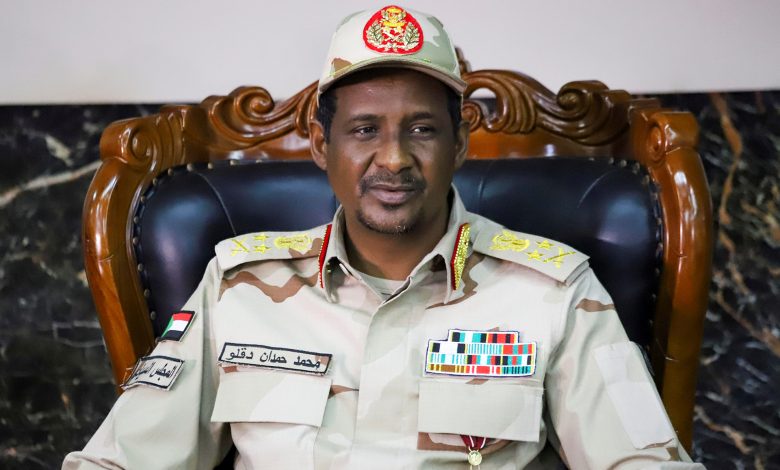
Agencies/ Sudan Events
The Masalit people of western Sudan are being driven from the country in a campaign of bombing and massacres by the paramilitary Rapid Support Forces and its Arab militia allies.
Reuters has identified six key commanders in the violence.
Survivors have identified six Arab paramilitary commanders and militia leaders who they say played a key role in directing the ethnically targeted violence in the Sudanese city of El Geneina that killed thousands and forced hundreds of thousands to flee the country.
The commanders and militia leaders directed their forces to shell densely populated displaced person’s camps and districts in the city with rockets and mortars and were seen giving orders to their forces as the attacks unfolded, according to more than 20 people who survived the assault and are now living in refugee camps on Chad’s border with Sudan.
Much of the violence was directed at the ethnic African Masalit tribe, who comprised the majority in El Geneina until the attacks forced their mass exodus from the city. The violence, which began in late April and peaked in June, reignited in early November.
Some of the commanders identified by the survivors are part of the Arab-dominated Rapid Support Forces (RSF), a paramilitary that has gained the upper hand in a widening war with the Sudanese Armed Forces for control of the country. The others include leaders of Arab militia forces allied with the RSF. These militias have been involved in multiple rounds of ethnic violence against the Masalit and other darker-skinned African tribes over the past two decades. Earlier this month, the United States determined that the RSF and its militia allies had committed crimes against humanity and ethnic cleansing.
In hundreds of interviews with Reuters since the purge of the Masalit began in April, survivors have described horrific scenes of bloodletting in El Geneina and on the 30-kilometer route from the city to the border with Chad as people fled for their lives. In attacks by RSF forces and allied Arab militias, survivors said, women were gang raped, babies had their throats slit and were clubbed to death, people were rammed by vehicles, burned alive in their homes and picked off in the streets by snipers.
Among the RSF commanders identified by survivors is General Abdul Rahman Juma, the paramilitary’s chief for the Sudanese state of West Darfur, whose capital is El Geneina. Five witnesses in the city placed Juma at the scene of attacks on Masalit civilians between April and June. Separately, the U.S. government said in September that forces under his command were involved in the mid-June killing of the region’s governor, a Masalit politician – a charge Juma denied.
Survivors identified several other key players who led RSF and militia operations in the city: Idriss Hassan, a former RSF commander of West Darfur and currently a senior RSF officer; Massar Aseel, a top Arab tribal leader; the deputy of the slain governor, Al Tijani Karshoum; Arab militia leader Moussa Angir; and a militiaman known as Marfaeen, or “the Hyena.”
In July, the prosecutor of the International Criminal Court, Karim Khan, told the U.N. Security Council that his office had begun investigating alleged atrocities in Darfur, including sexual violence and crimes against children.
According to a person familiar with the probe, three of the people identified by the survivors for this story are being investigated by the ICC: Juma, Karshoum, and Aseel. The person, speaking on condition of anonymity because of the sensitivity of the matter, said the three men were the subject of allegations, which means ICC investigators have information suggesting they were involved in crimes. That does not mean the three would ultimately be prosecuted, the person said.
Reuters could not independently corroborate all the accounts of the roles played by RSF and Arab militia leaders in the violence. But witnesses were consistent in describing the patterns of violence and sequence of events in the assault on the city. In some instances, multiple people provided similar details about the specific commanders they identified, such as the type of vehicle they traveled in, how they were dressed, the types of weapons carried by their forces, or the districts where they were spotted.
Reuters is not publishing the full names of the survivors interviewed for this report to protect them from possible retaliation. The Chad-Sudan border is porous, and refugees say they have seen members of the RSF in markets on the Chad side of the border in recent months.
The survivor testimonies gathered by Reuters since the purge of the Masalit began this year, indicate the campaign against the tribe has been systematic and coordinated. Masalit men, from infants to adults, were targeted for killing in the attacks. Women who were human rights activists in the city were hunted down and raped. Largely Masalit-inhabited districts and refugee camps were shelled.
In September, the United States imposed sanctions on deputy RSF leader Abdelrahim Hamdan Dagalo “for his connection to abuses by the RSF against civilians in Sudan, including conflict-related sexual violence and killings based on ethnicity.” Dagalo, who has denied the charges, is the brother of RSF leader Mohamed Hamdan Dagalo, known as Hemedti. He has not been sanctioned.
The conflict in Darfur erupted days after the war broke out in the capital Khartoum between the Sudanese army and the RSF, who fell out over a plan to integrate their forces as part of a transition to democracy. More than seven million people have fled their homes since the war began, according to the United Nations refugee agency.
